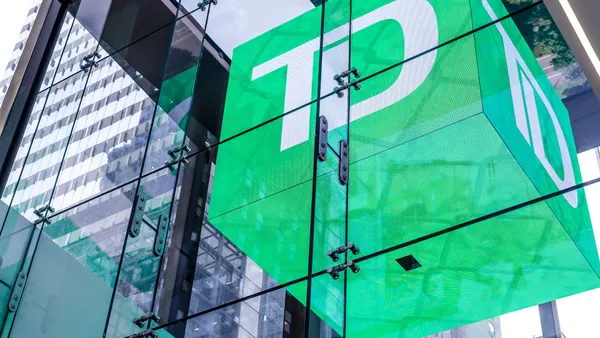Dive Brief:
- A Virginia restaurant will pay $40,000 to settle a U.S. Equal Employment Opportunity Commission lawsuit alleging, among other things, that some of its employees subjected a gay server to harassment and offensive behavior. To settle the claim, the restaurant will create and distribute harassment policies and complaint procedures to staff, EEOC said in a statement.
- El Tio Tex-Mex Grill workers taunted the server about his sexuality using homophobic epithets. The workers also targeted the server's friend, a straight busser. The pair reported the harassment to the company's management multiple times, but El Tio "ignored their complaints, failed to take reasonable measures to curb the harassment, and neglected to implement any anti-harassment policies or training," according to EEOC.
- "The EEOC is committed to ensuring that no employee or applicant is discriminated against or harassed based on sexual orientation," EEOC Regional Attorney Debra M. Lawrence said in a news release.
Dive Insight:
Title VII of the Civil Rights Act of 1964 prohibits employers from employment discrimination on the basis of race, sex, national origin, color and religion. Since the 1980s, courts have interpreted harassment based on any of those characteristics as unlawful discrimination as well, experts previously told HR Dive.
The EEOC holds that sexual orientation is included in the characteristics protected by Title VII. The U.S. Department of Justice, however, takes the opposite stance. In 2017, it filed a friend-of-the-court brief asking the 2nd U.S. Circuit Court of Appeals to find that workers are not protected from discrimination based on sexual orientation as it ruled on Zarda v. Altitude Express.
Zarda, along with two other cases considering the same issue, has made its way to the U.S. Supreme Court, which announced in April that it will hear the trio of cases and decide whether Title VII protects employees from workplace discrimination based on sexual orientation and transgender status.
The undetermined nature of Title VII does not give employers license to discriminate against workers in the LGBTQ community, experts previously told HR Dive. First, several U.S. circuit courts of appeal have ruled that Title VII indeed does include sexual orientation discrimination or gender identity. State and local laws may prohibit such employer conduct as well. Second, workers discriminated against or harassed can make a claim based on other statutes, depending on the situation.











